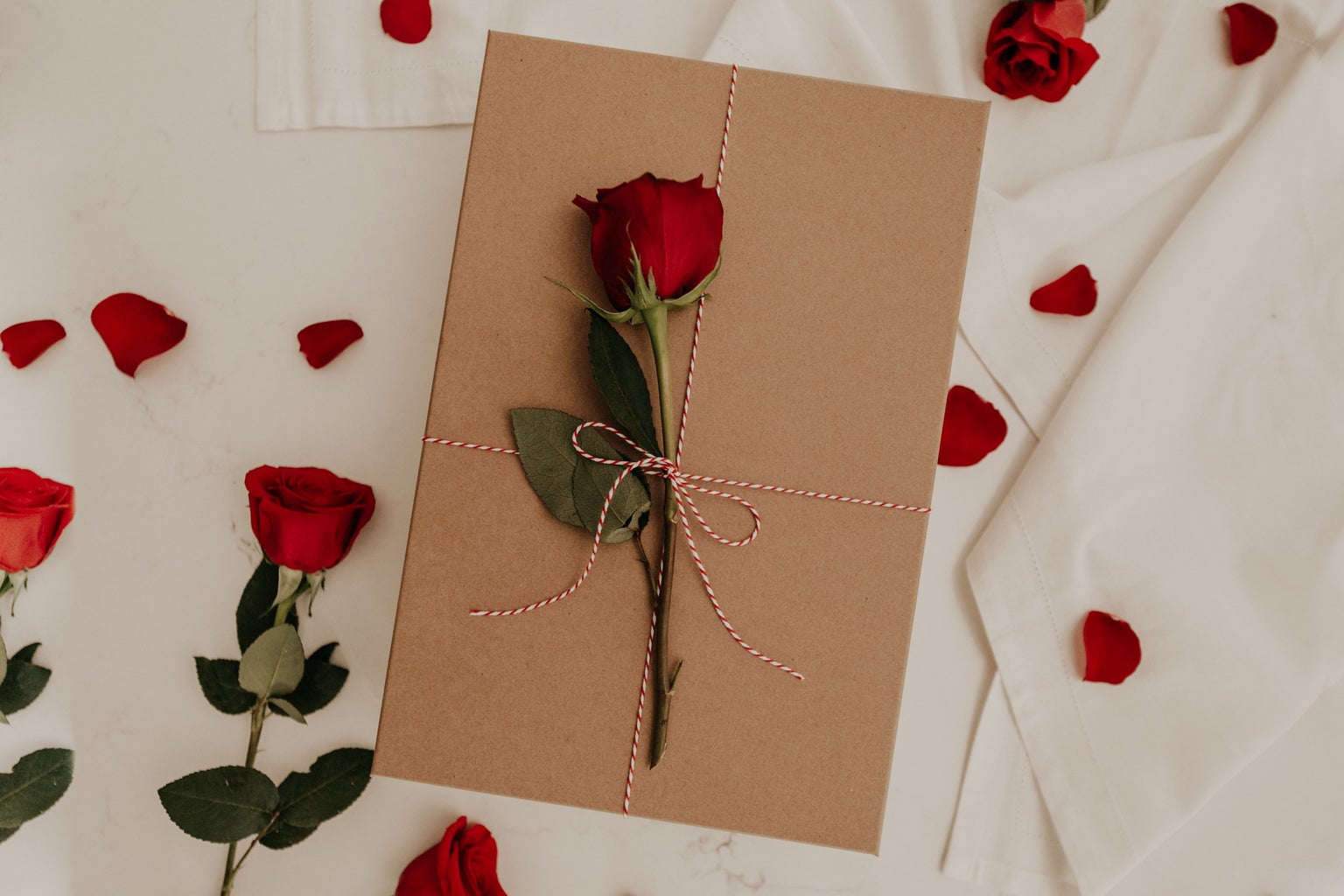When I was much younger, somebody I thought to be old and wise (a 16-year-old camp counsellor) told me, “Never waste your time in a relationship, because they all end two ways: marriage or a break-up.” Adult me would’ve sensed that was just some teenage angst bubbling up after a recent split, but my spongey kid brain took her cynicism as sage advice.
I’ve remained single by definition since then. I’ve never brought a guy to my family’s Thanksgiving dinner, acquired a dozen roses on Valentine’s Day, or called out “I love you!” across an airport terminal. Basically, rule out anything you’d expect from a Hallmark movie. Instead, I’ve repeatedly subjected myself to those non-committal, maybe-exclusive, too-long-yet-too-short relationships that twist up your insides in the best/worst way.
I didn’t write this article to complain about my dating history, or weird relationship dynamics in general. The will-they-won’t-they thing is exciting and has fit the chaotic nature of my early twenties. My problem is that I never know what to call it while it’s happening, and I’ve been too dedicated to playing Cool Girl to ask. I never feel right calling them my “ex” afterwards. What’s the word for somebody you turn down on the way to the grocery store but still cook dinner with after? Somebody who introduces you to their parents as “the girl I told you about?” Or someone you become madly infatuated with while travelling together, and then move back across an ocean from? I could go on.
“Hook-up” has far too promiscuous a connotation. Just calling it all a “thing” falls flat. “Friends with benefits” implies some kind of health-dental-retirement plan. Worst of all, “situationship”—I can’t help but roll my eyes when I hear it. We talk so much about love and relationships, WHY DON’T WE HAVE BETTER LANGUAGE FOR IT?
The answer is that we used to, but then we got caught up in the idea of “Hook-up Culture” and started creating words that minimize the importance of our temporary flings. Hook-up Culture (*shudder*) operates on the assumption that we don’t care much for love; we’ve narrowed the meaning down to engaging in casual relationships, devoid of any feelings whatsoever. If that’s truly you, fine. But trivializing all our non-committal connections puts us in awful competition with each other. It’s the Blasé Olympics—whoever cares the least, wins. This is particularly true within the dating-app sphere, where the most profound form of rejection you can experience is getting left on read.

Sure, new tech has changed the romance game, but the relationships I’m describing are not some newfangled Gen-Z invention. I’d argue they dawned in the 60’s hippie era of Free Love. Or maybe it was born in the 14th century, when Romeo showed up outside Juliet’s balcony after midnight to profess his desire for her (before we were afforded the convenience of sending a “you up?” text). One thing I know for certain: Shakespeare’s star-crossed lovers would never have called their joint suicide a “soft launch.”
For the sake of anyone else who’s had their heartstrings tangled by somebody they never labelled a boyfriend, it’s time we give up the pseudo-nonchalance. We deserve the respect of romantic titles (even sans commitment.) I vote to bring back the language of love from the olden days—when people admitted the significance of even their most fleeting connections. Take some pride in your vulnerability. Honesty is brave, not weak.
Go ahead and call it an affair of the heart, a dalliance, an entanglement. It was a tryst with a paramour, an inamorato. Perhaps even a lover! And even when it’s over, we’ll still be former flames. While you may not be investing in the future, what happens in the present still matters. You mean SOMETHING to me, my querida, leman, swain. Let’s go out on the town, just as courters, or maybe sweethearts. This week, you can even be my valentine—even if it’s just for now.




